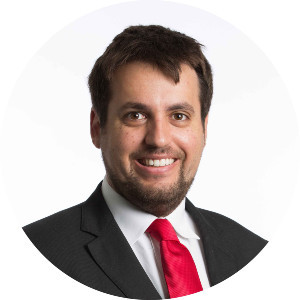Hello,
I’m a not native German speaker but I will have my interviews in German. In this language you can distinguish between “du” (you as you would address a friend”), and “Sie” (you as you would address a stranger, which is the polite form).
My questions concerns which form to use: do I remain with the formal polite form of “Sie” throughout the interview independent of how the interviewer addresses me or do I change to the friendly form of “du” as soon as the interviewer does this?
I believe a similar issue exists in other languages as well so please share your tips even if you don’t know German but e.g. French.
Thanks a lot!













